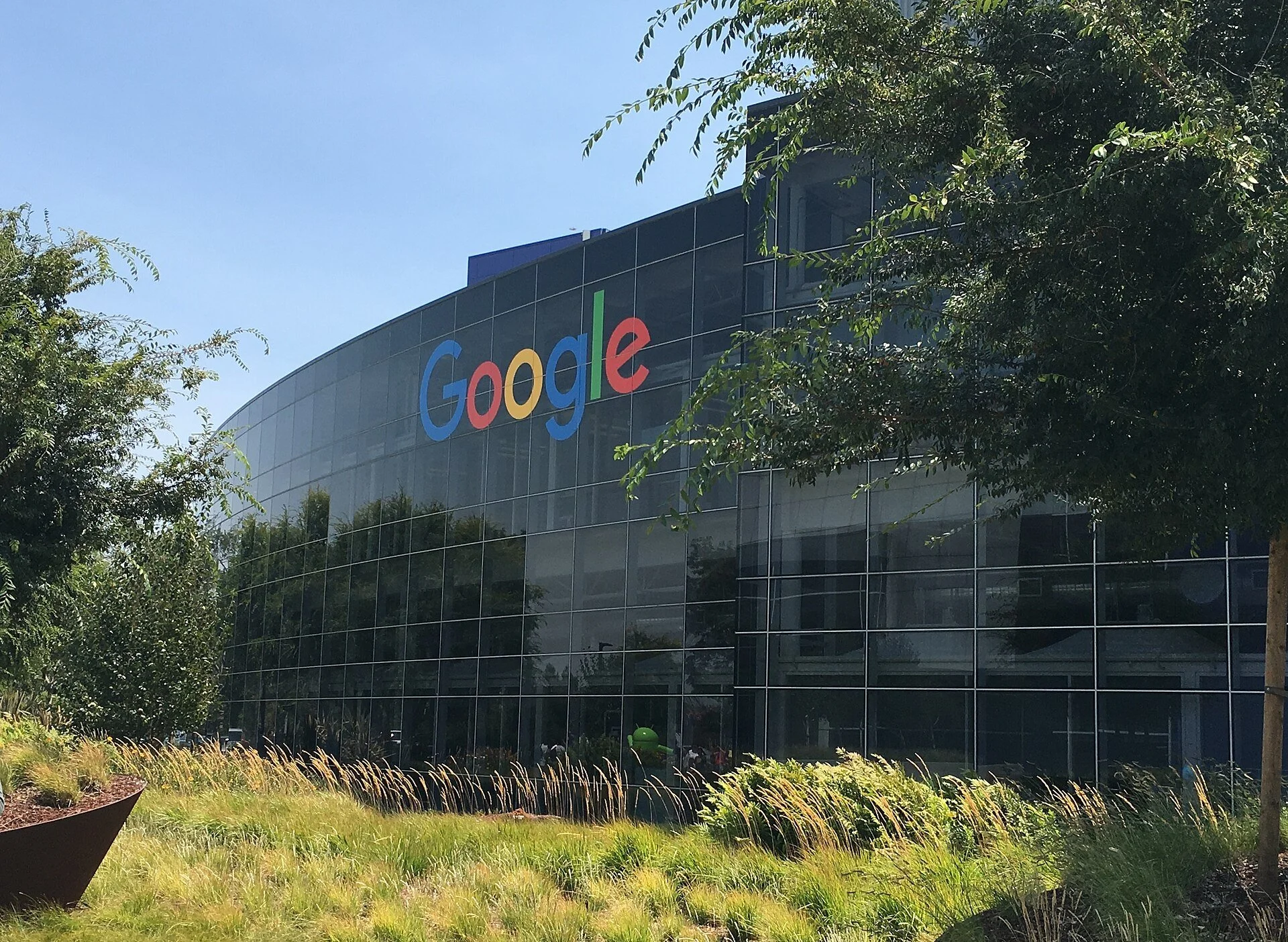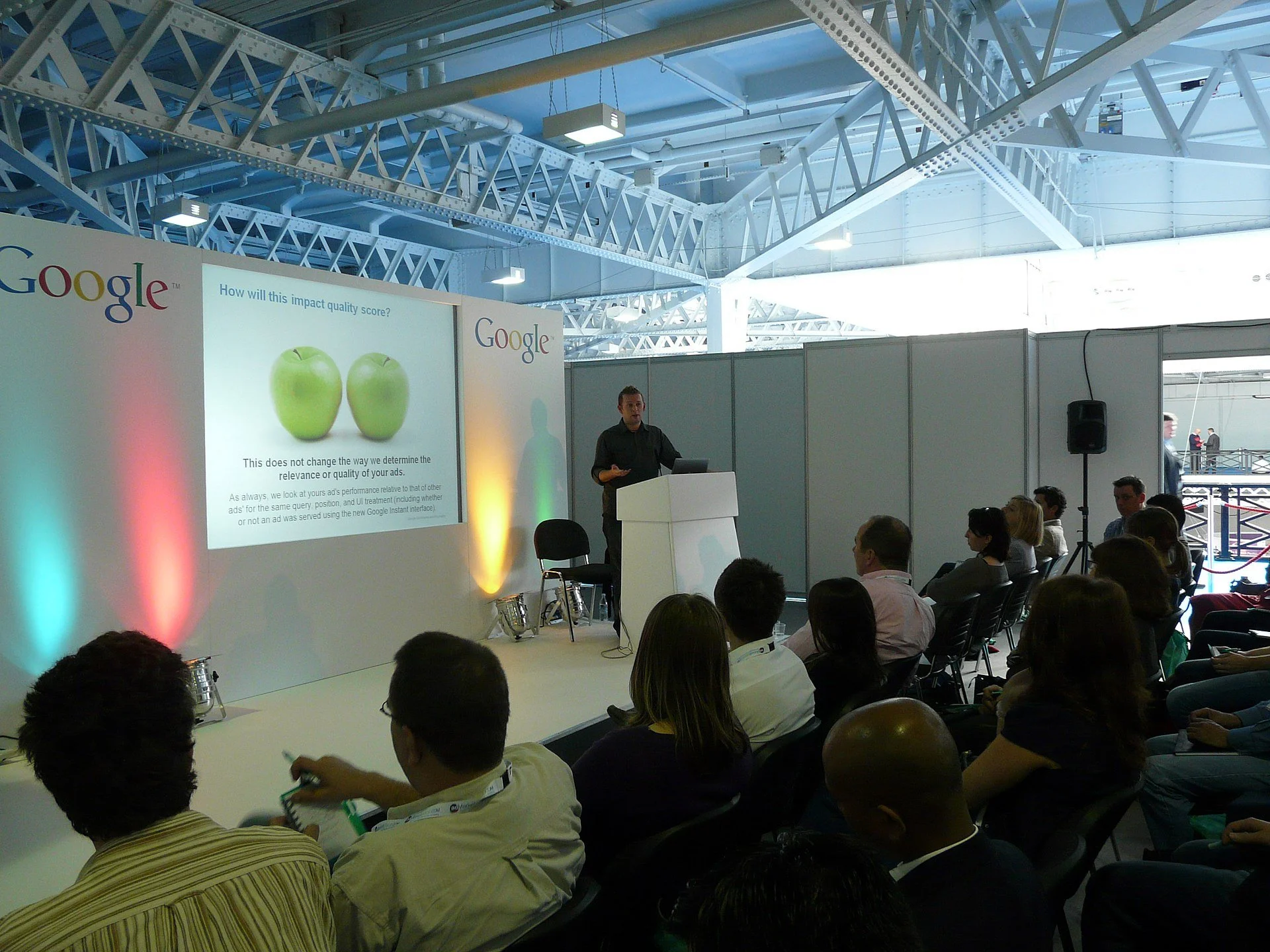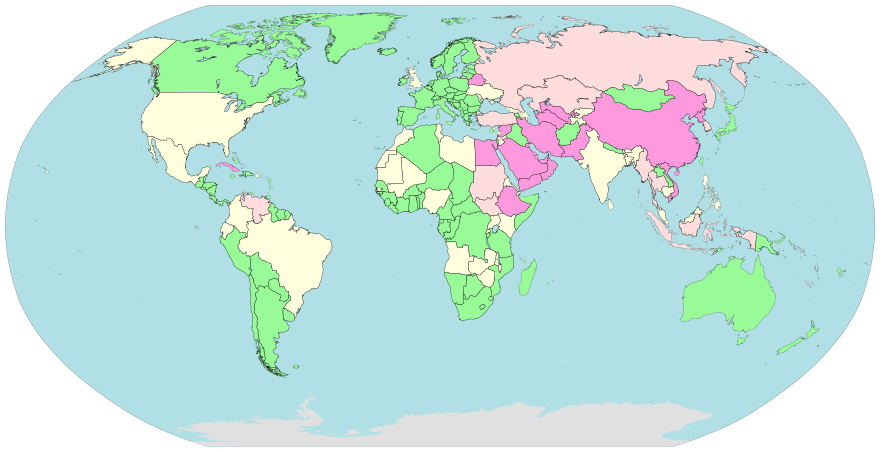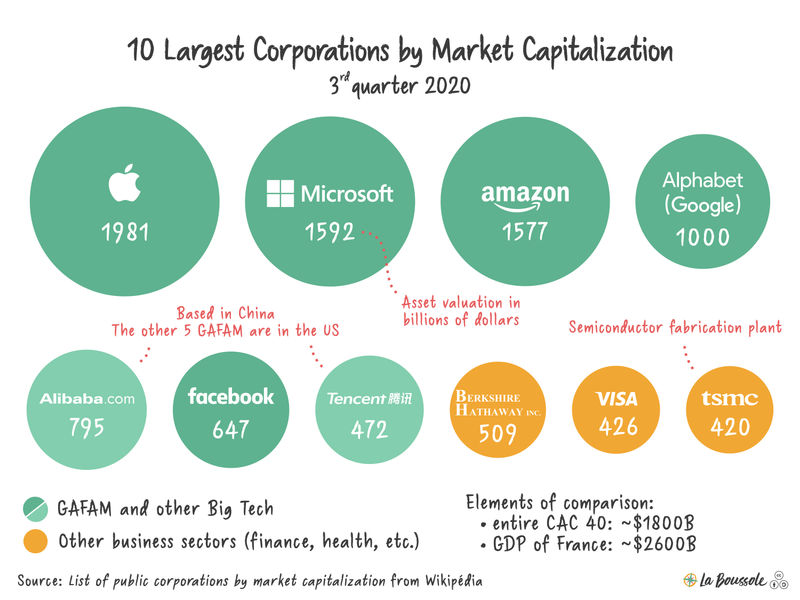By ROBERT WHITCOMB
In the appendix of Philip K. Howard's mordantly entertaining new book, The Rule of Nobody: Saving America From Dead Laws and Broken Government, is a well-named collection of proposed new amendments to the U.S. Constitution that he calls the “Bill of Responsibilities.”I over-summarize them here; read the book. Mr. Howard is an engaging writer, using stories (some grimly funny) to get across his strong prescriptions.
Mr. Howard proposes amendments to: “sunset” old laws and regulations; give the president power to far more effectively manage the executive branch — including line-item vetoes and expanded discretion to hire and fire and reorganize operations, all subject to being overridden by a majority of each house of Congress — and widen judges’ power to dismiss unreasonable lawsuits.
Finally, he recommends an amendment to create a “Council of Citizens” as an advisory body to make recommendations on how to make government more responsive to the public’s needs. This reminds me of the Hoover commissions on government reorganization of the late 1940s and the ’50s, named after Herbert Hoover, who chaired them. The composition of this council would be very federalist, with members chosen “by and from a Nominating Council composed of two nominees by each governor of a state.” The idea is to push along the ideas represented by the other new amendments. This is intriguing but the nomination process could get caught in political sludge.
The phrase “Bill of Responsibilities” gets to the heart of what Mr. Howard is saying throughout his book: that we have become so tangled up in laws and regulations that it’s often impossible to exercise authority and take responsibility — the avoidance of which, I would add, is attractive to many people, just as long as they continue to have the perks of their positions. As a result, it’s tougher and tougher to get things done, at the local, state and federal levels, whether it is fixing a bridge, creating a health-care system whose benefits are commensurate with its vast cost, or firing an incompetent bureaucrat.
Admiral Chester Nimitz said during World War II, “When in command, command.” President Truman said of the prospect of Dwight Eisenhower as president: “He’ll sit here, and he’ll say ‘Do this! Do that!’ And nothing will happen. Poor Ike. It won’t be a bit like the Army. He’ll find it very frustrating.” Well, Eisenhower turned out to be a pretty effective president but Truman was fairly accurate: It has always been hard to make government work, and in many ways it’s harder now than 60 years ago because of the accretion of laws and regulations, many of which should have been eliminated or streamlined long ago. A law or a regulation cannot cover every eventuality, Mr. Howard writes: You need judgment and common sense. Fewer laws and more decisions, please!
The problems that Philip Howard tackles remind me of the growing dominance of process over content (or maybe call it substance). You see this in daily life with the increasing time demanded to keep up with endlessly updated computer programs (planned obsolescence!), and the hours needed to fill out tax returns and insurance forms.
Meanwhile, the European Court of Justice has issued an advisory judgment that European Union residents have the right in certain circumstances to make search engines remove links to personal information that people think damages them. It’s “the right to be forgotten,” a cousin of Americans’ famous, if informal, “right to be left alone.”
This will be very difficult to enforce, given the vast complexity of the Web. But I like the idea of taking down the arrogance of Google, et al., a few notches. You don’t have to be much of a “public figure” to be the object of scurrilous inaccurate attacks on the Internet for which the likes of Google wrongly take no responsibility. In the Digital Age your good name can be instantly destroyed on the screen.
The court supported exceptions for “public figures,” especially politicians. But that’s very tricky: Almost anyone can become a “public figure” on the Internet. And is it fair to exclude politicians, etc., from such protection from attacks? Whatever, the European case at least raises the issue of responsibility for content, which the search-engine companies, most notably Google, have tended to avoid while raking in billions of dollars.
***
A college “commencement” is a strange term because it seems much more of an ending, as emphasized by the dirge-like “Pomp and Circumstance.” Sadder is that so many colleges, supposedly refuges of the free exchange of ideas, surrender to demands for censorship by “activists” to block commencement speeches by people (usually with comparatively “conservative” views) whose opinions they don’t like. Cowardly college chiefs fail to take responsibility for protecting one of their central missions -- free and open discussion.
Robert Whitcomb (rwhitcomb51@gmail.com) is an editor, writer, fellow of the Pell Center for International Relations and Public Policy and a member of a management-consulting firm in the health-care sector.













